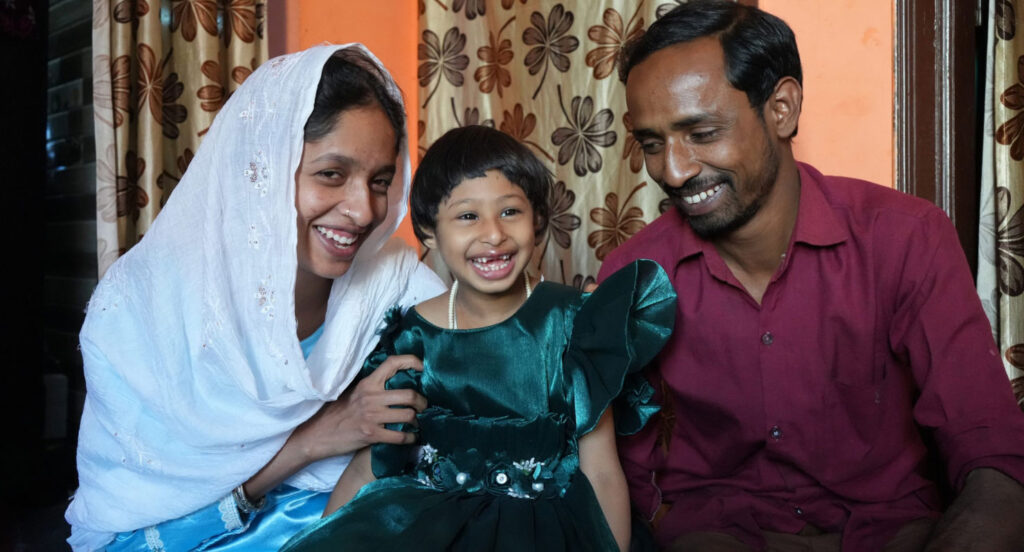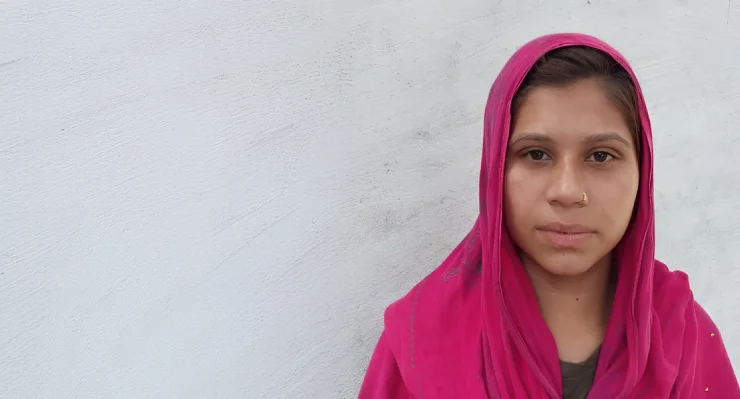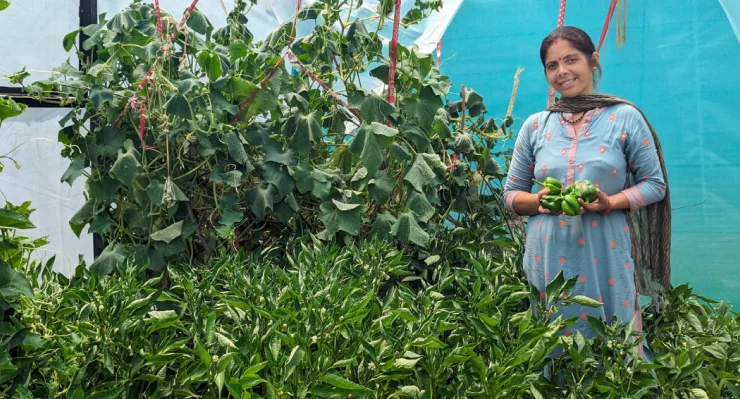CBM India is joining the fight against climate change with our latest project, ‘Reduce Carbon Footprints Through Engagement with Vulnerable Sections,’ aimed at reducing carbon emissions in Almora, Uttrakhand. At the heart of the project are two key initiatives: Carbon Mitigation through Improved Cook Stoves (ICS) and Improved Agriculture and Health Management Strengthening.
The Improved Cook Stoves are designed to burn fuel more efficiently, which means less wood, charcoal, or other biomass is needed to cook a meal. This leads to lower emissions of greenhouse gases and other harmful pollutants that contribute to climate change. By reducing fuel wood consumption by 50%, the Improved Cook Stoves also promote reforestation.
In addition to its positive environmental impact, the project significantly improves women’s quality of life. The Improved Cook Stoves will reduce indoor air pollution by 70%, improving women’s health and leading to fewer cases of eye irritability and diseases like Chronic Obstructive Pulmonary Disease (COPD). Moreover, women who spend a considerable amount of time and energy collecting wood and cooking benefit from the time saved due to the efficiency of these stoves.
The project is expected to significantly contribute to the fight against climate change by reducing carbon emissions by 30,168 tons. This is equivalent to reducing the carbon footprint of 2,400 families by 4.19 tons over 36 months. Moreover, the project will generate significant revenue over 4 years from the sale of Carbon Offsets. These credits for reducing greenhouse gases can be sold to individuals and companies to offset their own carbon footprint. The demand for carbon offsets has increased as more businesses seek to reduce their environmental impact. The revenue generated from the sale of these offsets, estimated to be between ₹ 2.8 to 3.0 Crore, will support the project’s sustainability and improve the lives of people in the area for years to come.
The project will reach 2406 households, including 243 persons with disabilities and directly contribute to achieving Sustainable Development Goals 1, 3, 5, 8, and 13. So far, we have formed 45 inclusive Self-help Groups and organised awareness meetings in 50 villages.
This project demonstrates that sustainable energy solutions have the potential to make a significant impact by reducing carbon emissions, improving the quality of life, and generating revenue. With each household reducing its carbon footprint, every woman breathing cleaner air, and children living in a healthier environment, this project is a rallying call to invest in our people and planet to create a sustainable and equitable future for all.



